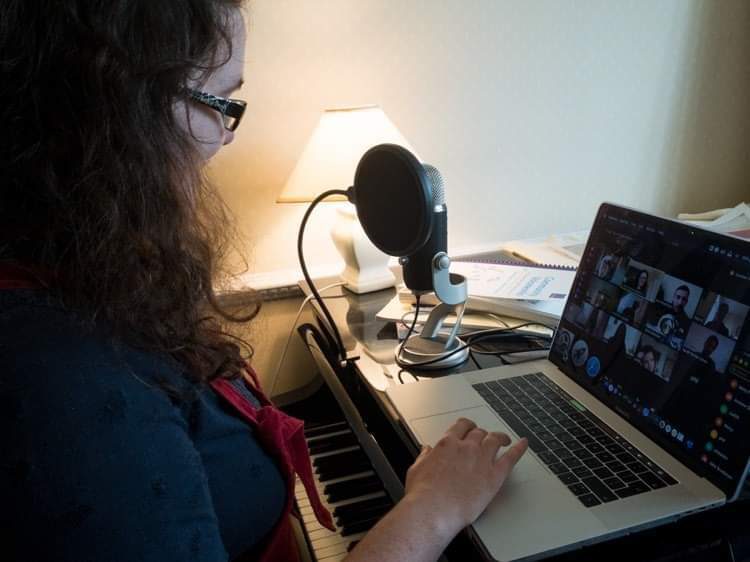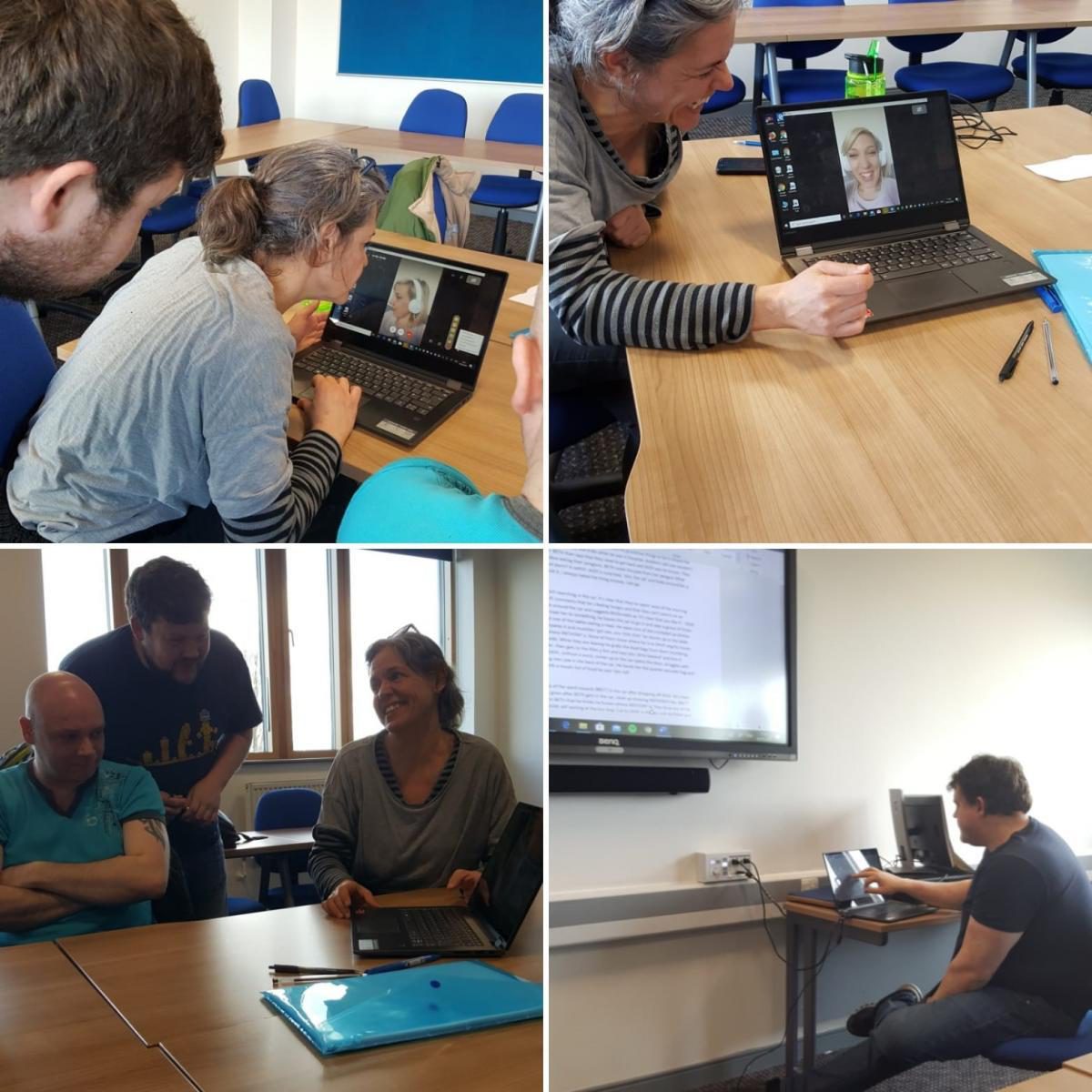
Mental ill health can affect anyone, but those experiencing wider disadvantage are most likely to be deeply affected.
Health Equity in England: The Marmot Review 10 Years On (February 2020) exposed a growing health gap between wealthy and deprived areas, for both mental and physical health. The report concluded that poverty and low living standards are powerful determinants of ill health and health inequity.
We also know that inequality in our mental health stems from our characteristics such as race, gender, sexuality and disability, as well as life experiences. The Mental Health Foundation, who host Mental Health Awareness Week, examined this in their report Tackling social inequalities to reduce mental health problems (January 2020).
Both reports found that much of the inequality in mental health is not inevitable, but avoidable and unjust. Ultimately responsibility for addressing broader health inequalities and the social determinants which cause them rests with government. However, at People’s Health Trust we know that action by disadvantaged communities themselves is a powerful tool for creating change from the bottom up.
Social connections and collective control are critical foundations for improving mental and physical health. At the Trust, our funding programmes place a strong emphasis on developing these foundations.
Evaluations of our projects continue to show the positive impact this has on mental health, with participants reporting reduced isolation and increased confidence and aspirations. Social connections are also shown to reduce stress and be health protective, as well as contribute to a greater sense of purpose and meaning in life.
Despite the ongoing pandemic, many of these projects have kept going and maintained connections at a time where they are more important than ever.
Headspace Bolton offers stand-up comedy training sessions led by comedy professionals for people affected by mental health issues. Due to physical distancing measures the group stopped their physical sessions and instead took their talents online, continuing the scriptwriting and planning improvisation sessions over Skype.
The group remain as determined as ever to ensure their members are supported. As featured in the Bolton News this week, their members have spoken of the importance of maintaining this contact at this time. One member, Terry, said:
“The people that you see week in, week out at the sessions become part of your own support network. So it’s been exceptional that we’ve been able to get together online and see the familiar faces and have those social interactions that people need.”

Far Flung Dance Theatre in Plymouth have also moved online to keep their regular Coffee Cup Choir going. The project has a diverse and eclectic group of members spanning a wide age range and is for people who are disabled or those who want to thrive in a more inclusive environment.
Daisy (pictured), the group’s vocal coach is holding online webinars, with vocal warmups and technique taught as well as live sessions. While Jake is showcasing online performances and publishing tutorials. Local media reported this week on how the choir continue to bring people together, with the co-director of Clair Beckett describing the positive impact on mental health:
“Singing brings so much joy to everyone who attends, even if you’re just listening it’s so good for mental health and wellbeing. We’re still singing and that creates an amazing energy at this time when things are just so tough for our members and community.”
